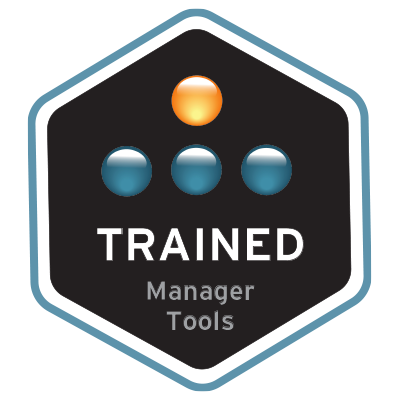![]()

in
Forums
How do I work out what I'm doing wrong & what do I do to fix it?
I was in a session this afternoon where a direct has been handling a troubled change request which is well overdue (fault of external vendor, he's picked it up). A side remark of his was something on the lines of "why do I feel like you give me the leftovers / small tasks that you don't want to do". This concerns me as another direct made a similar comment ~3 months ago and is now moving on (although he has worked in several teams in our organisation, across several countries, and is now transferring to another country to do something different, so I do not take this too personally).
I'm not sure how to handle the situation, and would like some tips. I see a couple of possibilities:
1) The way I'm structuring the roles is wrong.
2) The way I'm communicating the roles is wrong.
3) The direct doesn't realise that some tasks *are* mundane, but everyone gets them.
Background - Almost first time poster on the forums, I use one on ones mostly regularly (last month or so have been difficult as illness has plagued the team), and I don't use as much feedback as I should or could. I work in a first tier IT consulting / outsourcing firm, working with a major Aus telco, and my team is in a technical focus area.
This direct is (relatively) junior and has responsibility when change requests first come to the team to assess and provide a high level +/- 100% estimate, then further on down the line, assign the change request to an appropriate resource. In addition, he handles a particular set of change requests that have challenging vendor relationships. The particular comment was with reference to a long outstanding and painful change request which he has taken on.
He is a committed and hard working direct, and I want to keep him engaged and on track.
Any thoughts?



First off get stronger on
First off get stronger on the 1:1's, weekly really do make a difference and likewise if your people have concerns you will know it before it becomes a issue.
Based on what you are writing it could sounds like you are a high C maybe not to keen on delegating a lot? If you havent been over the delegation casts that would be a first step and as I would advise most people DISC really helps you clearly understand where you naturally have weaker sides as a leader to work on.
Kind Regards
Mads Sorensen
Disc 4536
First off get stronger on
First off get stronger on the 1:1's, weekly really do make a difference and likewise if your people have concerns you will know it before it becomes a issue.
Based on what you are writing it could sounds like you are a high C maybe not to keen on delegating a lot? If you havent been over the delegation casts that would be a first step and as I would advise most people DISC really helps you clearly understand where you naturally have weaker sides as a leader to work on.
Kind Regards
Mads Sorensen
Disc 4536
Reframe his perception?
Hi Jason,
It sounds to me like you value your direct and you trust him - part of his job is to take on the challenging vendor relationships! I wonder if you could frame how you see his work and his value to your team differently?
I've been accused of this as well. When I was a brand new manager (with only 3 year's of management experience, I still consider myself a new manager), I didn't delegate strategically. I gave my directs one-off tasks or bits of larger projects without giving them a sense of the whole project and where the task I was giving them fit in. Sounds like this direct might be ready to take on more. Is he promotable? Can you shift some of your work to him so that he has more responsibility for projects or vendors?
And you are absolutely right, some tasks are mundane and he needs to understand that.
Regardless, your employee is fortunate to have a manager who cares enough to notice the comment and take action.
Good luck!
Chris
Put it in context or delagate related work
Jason,
I got a very similar question a bit ago. While the task was small, it was also a critical link in the chain of a big deliverable. My head nearly exploded when I realized the gap in importance we had each placed on the task. Since then, I’ve made sure to test how well I’ve communicated the bigger picture by asking each team member “why is this work important?” If it’s a struggle to answer, you may want to consider if it really needs to be done at all.
If you find that the tasks are are fairly small but do need to get done, try making them larger by delegating related work. That can help change something mundane into part of growth assignment. I've been repeatedly surprised by how others have been able to further improve a process when given the chance.
Hope that helps - Sam
Thanks.
Hi Mads, Sam, & Chris,
Thanks for your points. I think the underlying message in them all is the delegation points - I've now delegated a full area of responsibility as opposed to the regular tasks to one member, I think that will go well. As far as the specific team member in point here goes, I'll have to work out what makes sense =). (Or do I?).
Gives me a bit of comfort to know I'm not the only one =).
Thanks again.